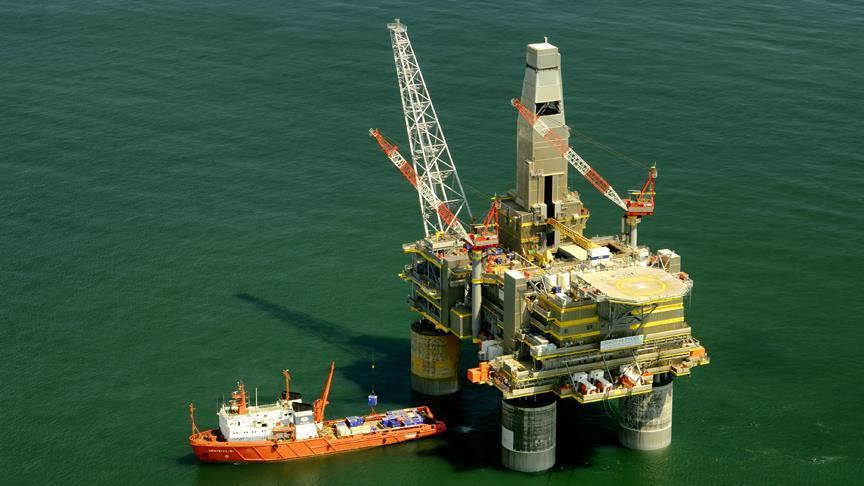The Norwegian government is proposing to exclude oil and gas exploration and production companies from its $1 trillion wealth fund, the Government Pension Fund Global, to reduce the aggregate oil price risk in the economy, the GPFG announced Friday.
According to a statement from Norges Bank, Norway's central bank and the fund's manager, the decision affects 1.2 percent of its equity holdings in exploration and production companies, worth about 66 billion krones ($7.55 billion).
"The Government follows the intentions in our advice from 2017. By removing exploration and production companies, the goal is to make the government's wealth less vulnerable to a permanent drop in oil prices," said Norges Bank Deputy Governor Egil Matsen.
According to the statement, the government presented its report to the parliament about energy stocks in the fund on Friday.
"The report will be discussed by the Parliament and the Ministry of Finance and Norges Bank will thereafter make an execution plan. The companies will be phased out over a longer period," it said.
The proposal does not reflect any specific view on the oil price, future profitability or sustainability of the petroleum sector, according to a press release from the government.
"This assessment is thus independent of the government's current petroleum policy, which remains unchanged.
"The oil industry will be an important and major industry in Norway for many years to come. The state's revenues from the continental shelf are, as a general rule, a consequence of the profitability of exploration and production activities. Therefore this measure is about diversification," it said.
The government also added that it does not plan to sell shares in the State’s Direct Financial Interest (SDFI) or in Equinor in order to reduce the state's oil price risk.
"The objective is to reduce the vulnerability of our common wealth to a permanent oil price decline. Hence, it is more accurate to sell companies which explore and produce oil and gas, rather than selling a broadly diversified energy sector," said Finance Minister Siv Jensen.
"It is anticipated that almost all of the growth in listed renewable energy over the next decade will be driven by companies that do not have renewable energy as their main business. The Fund should be able to participate in this growth," he added.
The Norwegian oil fund is one of the world's largest funds, and holds on average 1.4 percent of all the world’s listed companies, with investments spread across most markets, countries and currencies "to achieve broad exposure to global growth and value creation, and ensure good risk diversification".
Most of the fund is invested in equities, which are ownership interests in companies. Another part is invested in bonds, which are a type of loan to governments and companies, and a final slice is invested in real estate.
By Hale Turkes
Anadolu Agency
energy@aa.com.tr


